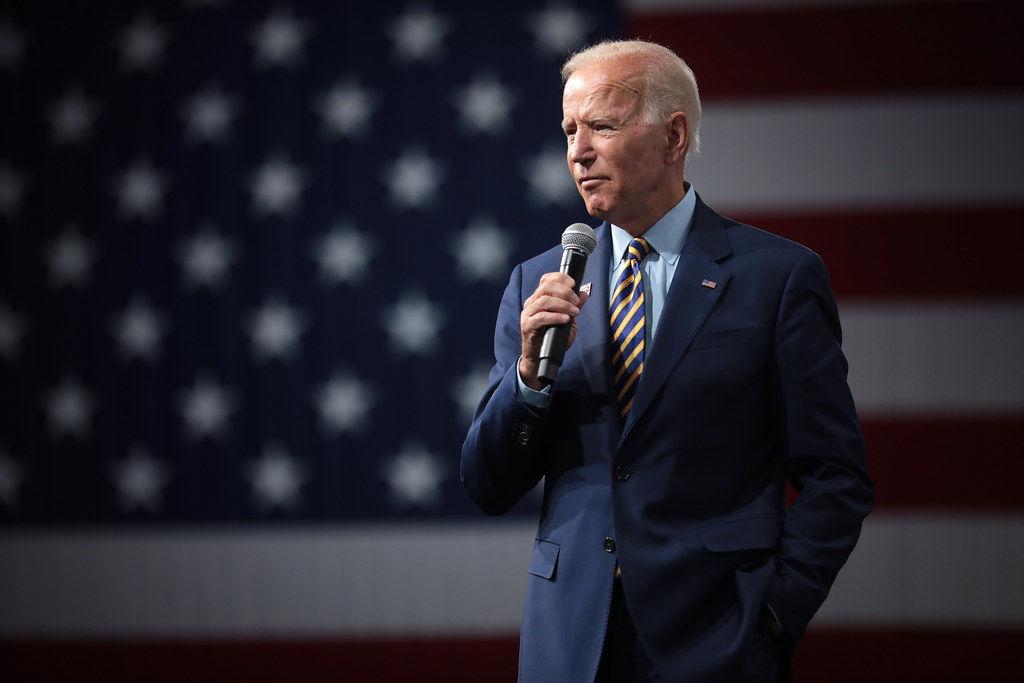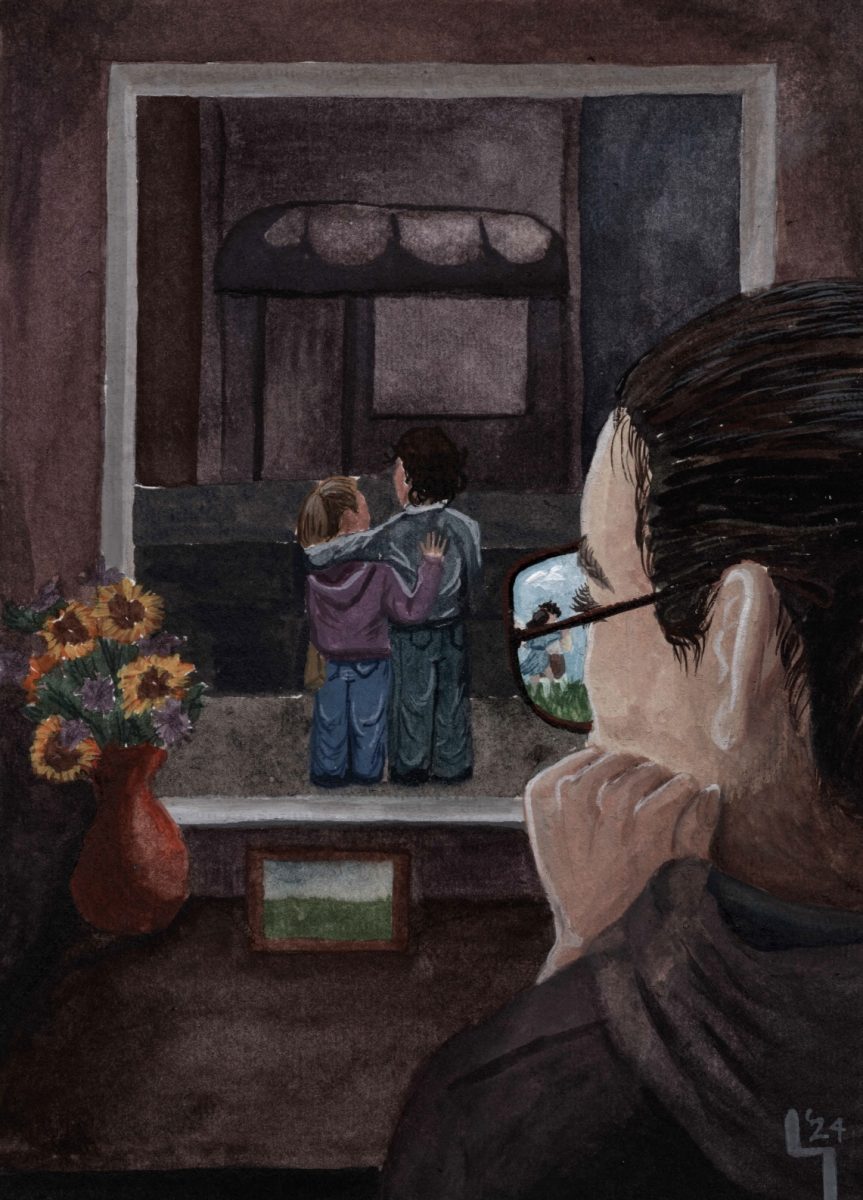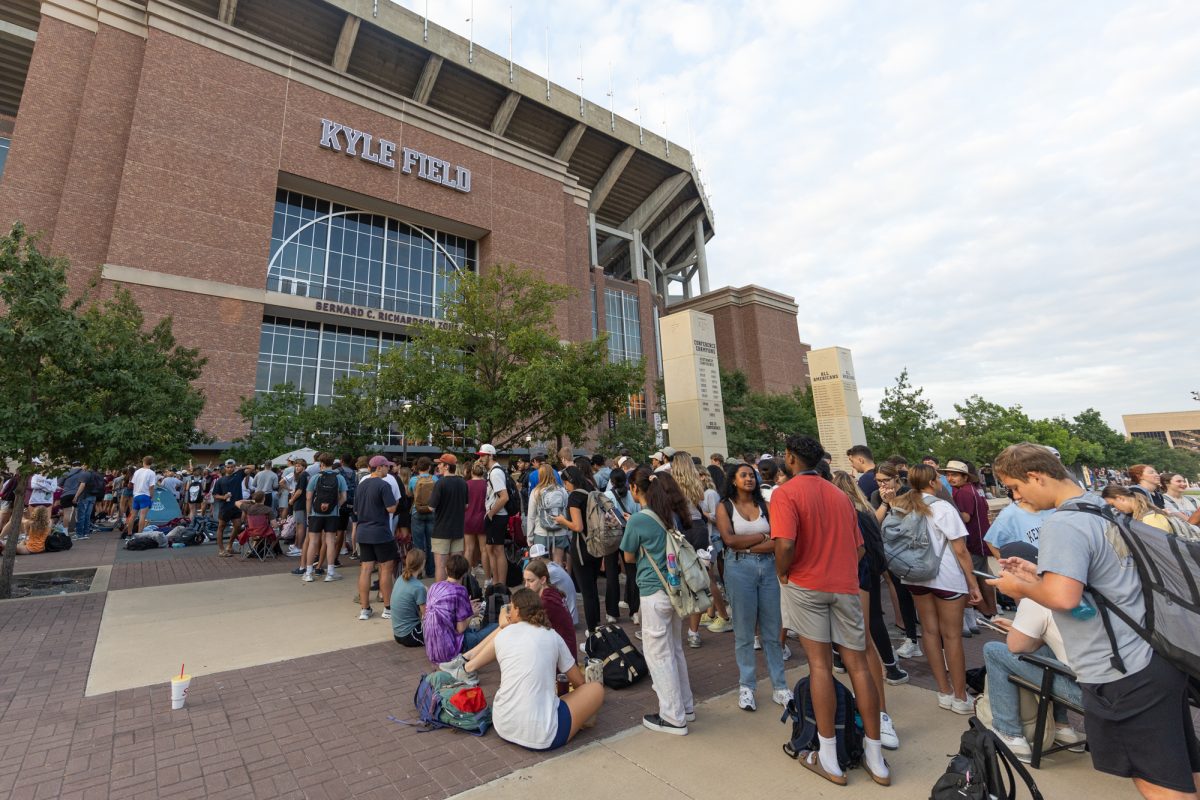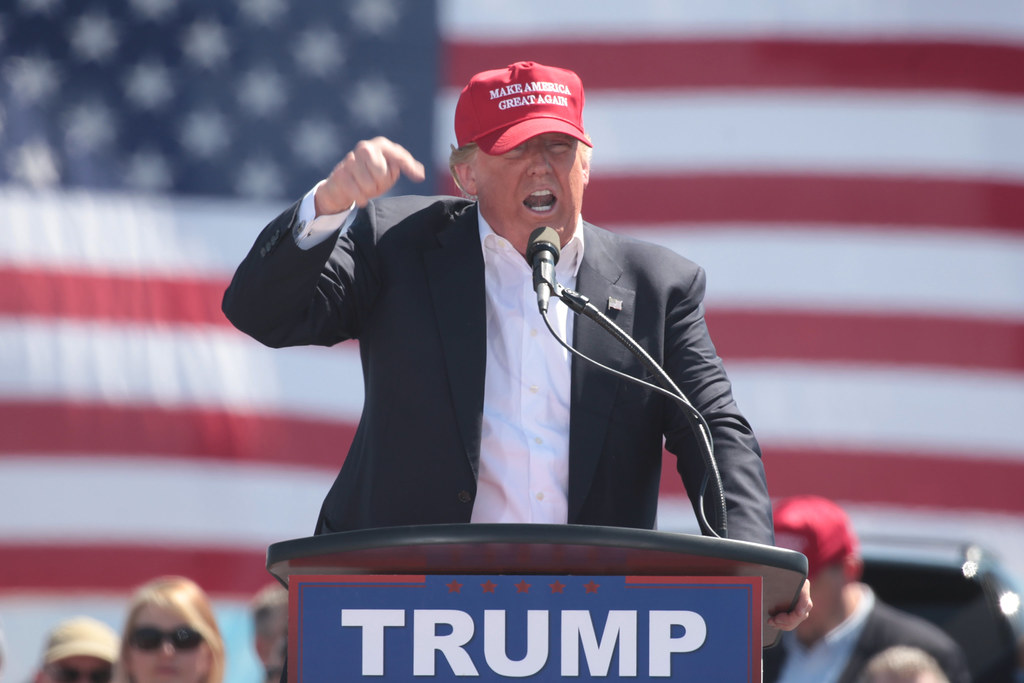This is not the defense of Joe Biden you’re looking for.
I fully understood Touré when he tweeted that “Trump is super racist” and when “a Black person supports him I question their relationship to their blackness and the community.”
And when Jonathan Capehart hastily wrote an op-ed entitled “Come on. Biden’s ‘you ain’t black’ comment was clearly a joke,” I understood that, too. Having twice seen Biden’s full interview with Charlamagne tha God, I’d have to agree.
But with all that understood, even this columnist (who has defended Biden in this newspaper and others) has to assert the obvious: Biden’s joke wasn’t just “much too cavalier,” as he said in a subsequent conference call with the U.S. Black Chamber of Commerce. It was offensive. It was racist. And while it was good he apologized immediately afterward, Biden will have to keep apologizing for the next several days. He’ll have to make clear he understands the topic of one’s blackness is not a place to joke around — especially if you’re white.
I should know. I was in my mid-twenties before people stopped accusing me of “not being black enough.” It always stings, and gatekeeping in the black community is a big enough issue without white politicians getting in on the action.
Lord help me, that’s why I have patience with former-Representative Allen West’s response-video. Recorded in Garland, Texas, “A Black Man’s Response to Joe Biden” is worse than its pretentious title suggests. Amid the usual vows to make sure Biden isn’t elected, he had the audacity to stand in front of a picture of the “first black members of the United States Congress and also the Senate — seven members, all Republican.”
Don’t spend too much time wondering if the Senate is still part of the Congress or whether the Republican Party of 1870 is meaningfully comparable to the Republican Party today. Just consider what West says next:
“Mr. Biden, I am black. I am a proud black man. And in being a proud black man, that means I am not part of the Democrat party[‘s] 21-century economic plantation. I have a freedom of conscience. I can think on my own.”
“Sweet Christmas,” as Luke Cage might say. Is there anything more insufferable than someone who goes around saying, “I can think on my own?” Is anything more grating than someone who thinks the Democratic Party’s economic platform is not merely to be resisted, but is analogous to a plantation? You know, the ones where they kept slaves?
Yes, actually. It is a white politician insisting any black person who doesn’t vote for them “ain’t black.” This dust up may devolve into a series of cheapshots and misspeaks. But as childish as it may be to say: Biden started it.
So there is no defending Biden’s joke. But what are we to make of Biden’s intent? From what problematic well did this comment spring?
Honestly, I think it is safe to say Biden’s problem isn’t racism. I think it’s hubris. I think it was the hubris of a man who, for his entire career, has enjoyed the votes of his black constituents, who became the first black president’s VP, and who, not three months ago, had his campaign resurrected by the black voters in South Carolina.
In short, Biden got cocky. He got too comfortable. As a friend of mine said, “He thought he could get away with saying [his joke] in part because he thought it was true enough to pass off as no big deal.” That’s how he made a mistake which overshadowed the first 17 ½ minutes of an 18-minute interview. That’s why we aren’t talking about Biden’s promise to make sure the government pays federal defenders the same wages as federal prosecutors, his promise to send people convicted of drug crimes to rehabilitation rather than jail, or his beliefs on why the coronavirus is disproportionately killing African Americans.
His ego got in the way of his allyship.
So readers should not be surprised if Biden’s support among African Americans stays strong. Even allowing for the racism of Biden’s joke, the choice between Biden and Trump remains fundamentally unchanged. He still may want to choose a black woman as his running mate just to be on the safe side politically — and expect those who have been pushing for this to ramp up their pressure. But as it stands, the choice in November is still between the candidate who got a little too comfortable and the president who doesn’t want to get comfortable at all.
That isn’t choosing between the lesser of two evils. That’s barely even a choice.
Editor’s Note: In the original version of this column, it was incorrectly stated that Biden “has reaped the continued blessings of NAACP endorsements.” However, according to Derrick Johnson, the president and CEO of the NAACP, “the NAACP is a non-partisan organization and does not endorse candidates for political office at any level.” The original statement in the column has been removed in order to correct this error.















